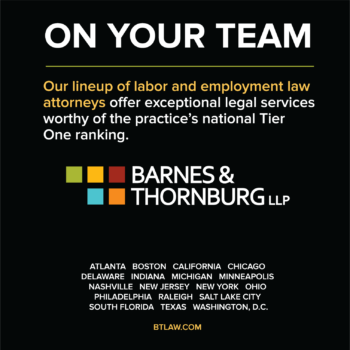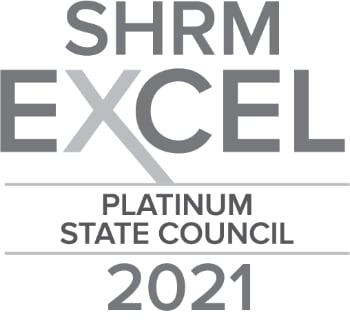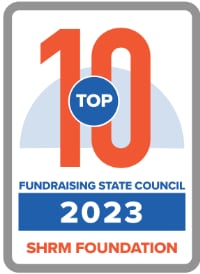2020 was a year unlike any in recent memory. Between a global pandemic, a contentious presidential election and national social unrest over racial injustice, we had to reevaluate much of our day-to-day lives.
The workplace was no different. HR leaders faced a number of challenges this year as they worked to update policies and prepare employees for success in a new professional landscape.
While this year threw curveball after curveball, it has also ushered in change in the workplace with new processes and renewed conversations about creating an inclusive work environment taking place in offices and Slack channels across the country.
Here a few of the things 2020 taught us and how you can use them to succeed in 2021.
Remote working is here to stay.
One of the biggest shifts in the workplace in 2020 was the rapid rise of remote work as offices shuttered to keep their employees safe. Once the pandemic is under control, though, remote work and flexible work policies will continue to play an important role. As such, HR leaders need to begin thinking of remote work as a permanent part of their workplace.
“Remote work is a long-term investment and it’s going to be a talent magnet in the coming years,” said Elizabeth Supinski, Director of Data Science and Research Products at SHRM.
As we move into 2021, it’s important that HR leaders continue to invest in and implement collaborative tools and software that empower employees to successfully complete their jobs from anywhere.
Diversity, inclusion and equality remain a top priority.
The national call for racial equality prompted many companies to issue statements commiting to continued and improved action surrounding diversity, equity and inclusion (DEI). Business and HR leaders around the country encouraged internal conversation around these issues and introduced new roles created to address DEI.
In 2021, employees will continue looking to their employers to dive deeper into DEI discussions and evaluate the steps their companies are taking to make the workplace more inclusive. As HR leaders, you can help DEI efforts by evaluating workplace processes for any barriers to equity such as hiring practices, training and advancement opportunities, educating your employees about discrimination and unconsious bias, creating an inclusive and welcoming work environment and more.
Invest in your employees.
The shift to remote work and constant need to adapt can cause uncertainty for your employees and, in some cases, it can lead to burnout. However, investing in training and resources for your employees can improve their work experience and increase productivity.
In a survey of over 800 HR professionals, 68% said building critical skills and competencies will be a top priority for their company in 2021. HR leaders and employees will need to work side-by-side to identify changing needs and develop skills to address those needs.
By including your employees in this process, you can intervene sooner and increase the likelihood that employees retain the new skills they are taught. In fact, employees apply up to 75% of the new skills they learn faster when they are actively involved in developing learning opportunities.
Focus on employee wellbeing.
Investing in your employees doesn’t stop at technical skills — you need to also consider their overall wellbeing. The CDC found that 40% of U.S. adults experienced mental health struggles as a result of the pandemic.
As employees cope with the challenges and stress of 2020, HR leaders can become advocates for employee wellbeing and implement new initiatives aimed at supporting employees both during and outside of work hours.
You can focus on employee wellbeing in the workplace by acting as a listening ear for employee concerns, demonstrating empathy when addressing issues and providing resources for employee health. Demonstrating your commitment to your employees’ wellbeing leads to higher retention rates and can be a key selling point when courting new talent.
Flexibility is key.
If 2020 has taught us anything, it’s to expect the unexpected. While no one could have predicted everything that would happen this year, the companies who remained flexible in their response to changes in the workplace came out on top.
HR leaders are on the front lines when helping companies evolve and adapt their policies to keep employees engaged and the business running. In fact, 91 percent of HR professionals agreed that flexible work arrangements positively influence employee engagement, job satisfaction and retention.
As such, HR professionals act as a go-between — advocating for practices that support employees’ needs while addressing the business’ need for productivity and efficiency. Looking to 2021, it will be more important than ever for you to remain flexible and constantly evaluate workplace practices and policies to identify areas for improvement.
While most of us can agree that we’re ready to close the chapter on 2020, this year has brought necessary and valuable change to the workplace. HR leaders are in a unique position heading into 2021 to spearhead new workplace initiatives surrounding remote work, DEI and employee wellbeing. In turn, companies have the chance to redefine their culture and foster a new environment for success in the future.






